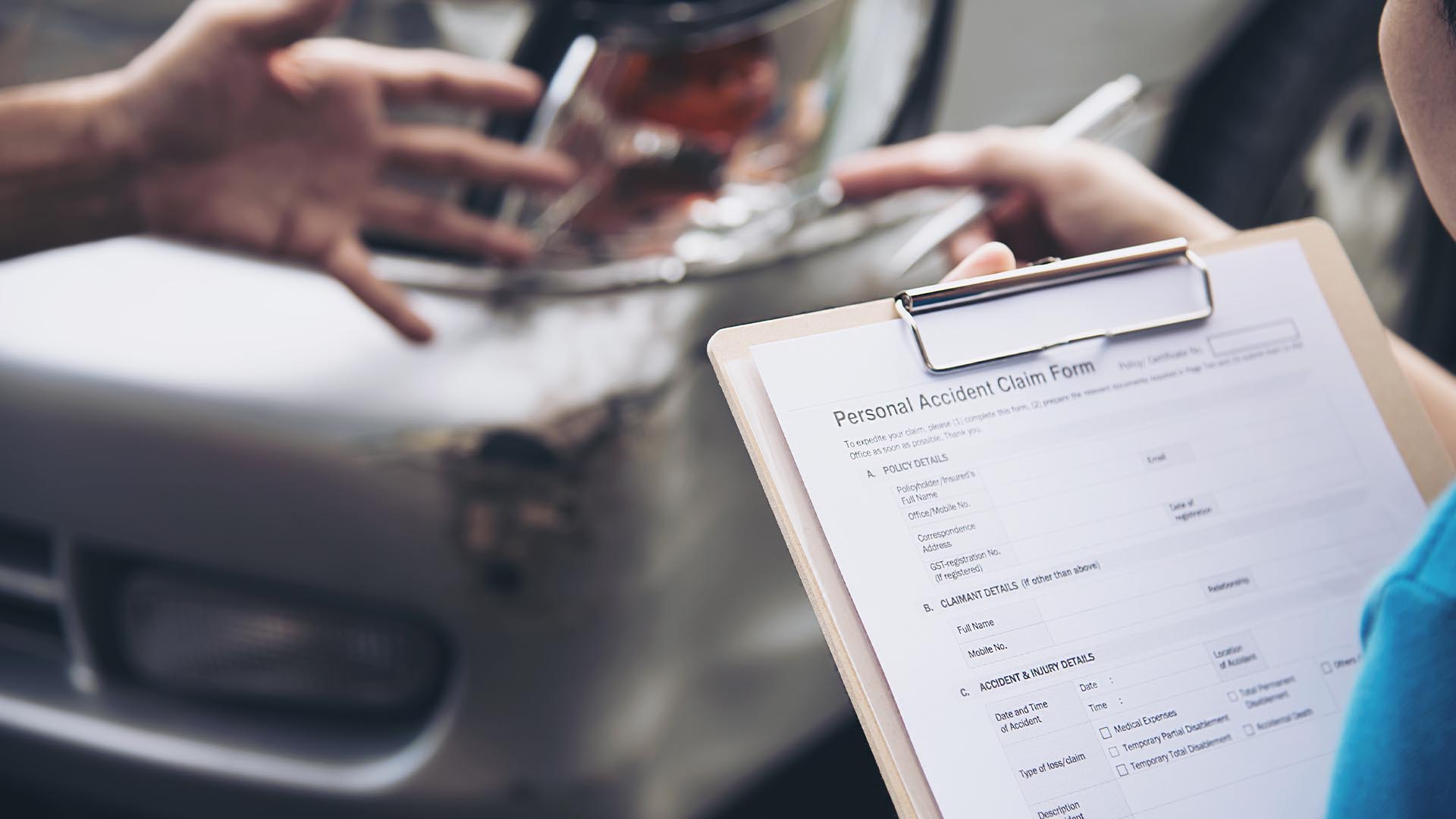How Much Does Car Insurance Go Up After an Accident?
Your car insurance can go up after an at-fault accident, with national averages showing increases between 30% and 50%, but the exact amount depends on your specific situation, the severity of the crash, and your insurance provider.
The financial stress after a car accident is real and worrying about how much your car insurance will go up after an accident is a completely valid concern. Familiarizing yourself with the factors that influence rate changes helps you stay in control as you move forward.
Why Insurance Rates Can Change After a Crash
Insurance companies operate on a system of risk. When you pay your premium, you pay for financial protection if something goes wrong. After an accident, especially when you are determined to be at fault, the insurance company sees you as a higher risk to insure in the future.
An “at-fault” accident means that an investigation found your actions were the primary cause of the crash. The rate increase is the company’s way of balancing this new, higher-risk profile. It is not personal, but rather a business calculation based on the likelihood of you being in a future accident.
Key Factors That Determine Your Rate Increase
Many different elements combine to determine the final impact on your insurance premium. Your provider will look at the complete picture of the incident and your history with them.
- Who Was at Fault: This is the single biggest factor. If you are found to be at fault for the crash, you are almost certain to see a rate increase. If the other driver was 100% at fault, your rates may not be affected, though this is not always a guarantee.
- The Cost of the Claim: A minor fender bender with a few hundred dollars in damage will have a much smaller impact than a serious collision that results in significant vehicle damage and costly injury claims.
- Your Driving Record: A driver with a long history of safe driving may see a smaller increase than a driver with previous accidents or traffic violations on their record.
- Your Insurance Company: Every company has its own internal rules for handling post-accident rate adjustments. Some are more forgiving than others.
- Your Policy Details: Some policies include features like “accident forgiveness,” which may prevent a rate hike after your first at-fault accident.
How Much Do Rates Increase in Illinois?
While every situation is unique, data gives us a general idea of what to expect. A recent analysis by Forbes Advisor found that an at-fault accident in Illinois could cause an average insurance rate increase of around 43%. This is just an average, but it highlights the significant financial impact a crash can have.
Imagine the daily traffic on I-90 heading toward Chicago or the busy intersections around the Woodfield Mall in Schaumburg. The high volume of cars in these areas is one reason why insurers in the suburbs are so focused on risk.
An accident on one of these busy roads can easily lead to a complex and expensive claim, which is a factor in these rate calculations. In Illinois, the state follows a “fault” or “tort” system for car accidents. This means the person who caused the accident is responsible for paying for the damages.
Under the Illinois Vehicle Code, specifically 625 ILCS 5/7-205, drivers must prove they can pay for damages they may cause, which is why liability insurance is required. This legal framework is why determining fault is critical for the injury claim and future insurance rates.
FAQ
Here are answers to some other common questions that come up when people are worried about their insurance rates after a crash. If you have a question not addressed here, don’t hesitate to contact our office.
How long does an accident stay on your insurance record?
Occasionally, an accident will affect your insurance rates for three to five years. After this period, if you maintain a clean driving record, the impact should disappear, and your rates may go down.
Should I report a very minor accident to my insurance?
While it can be tempting to handle a minor fender bender privately to avoid a rate increase, it is risky. The other driver could later claim they were injured or that the damage was worse than it appeared. Reporting the accident protects you from future unexpected claims.
Can my insurance company drop me after one accident?
It is possible, but not common, after a single accident unless there were serious circumstances involved, such as a DUI or an extremely reckless driving charge.
Insurance companies are more likely to non-renew a policy for a driver who has multiple at-fault accidents in a short period.
What happens if the at-fault driver is uninsured?
If a driver hits you without insurance, you can file a claim through your own policy if you have Uninsured Motorist (UM) coverage. This is a required coverage in Illinois and is designed specifically for this situation. Using your UM coverage for an accident that was not your fault should not cause your rates to increase.
Will my rates go up if I was a passenger in an accident?
No, your car insurance rates should not be affected if you are injured as a passenger in someone else’s car. The claim would be against the at-fault driver’s insurance policy, not your own.
Charting Your Path Forward
Worrying about insurance rates is just one piece of the puzzle after an accident. If you were injured, you are also dealing with medical bills, missed work, and the stress of recovery.
While you manage the insurance details, you do not have to handle the legal aspects of an injury claim alone. Seeking guidance can help you understand your rights and options for pursuing fair compensation from the at-fault party.
The team at Vito & Dollenmaier Law focuses on helping people who have been hurt in accidents. If you have questions about your situation, consider reaching out for a conversation about your case. Call (224) 539-8821 to learn more.


